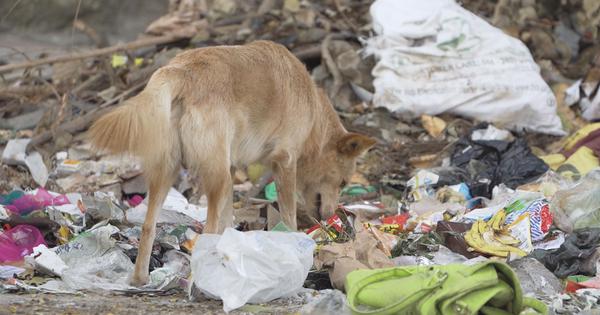Addressing the ongoing challenges of stray dog sterilization and waste management in Delhi
Delhi is currently grappling with a significant challenge concerning its population of stray dogs. The city has not yet achieved the critical milestone of 70% sterilization, which is necessary to effectively manage and control the number of stray dogs. This goal is not merely a target; it is a fundamental requirement for establishing a sustainable solution to the issue of stray animals in urban settings.
The failure to reach this sterilization benchmark points towards shortcomings in both animal birth control initiatives and the overall waste management systems in place. Effective animal birth control programs are essential for reducing the stray dog population and minimizing human-animal conflicts. Without robust strategies for sterilization, the cycle of breeding continues unabated, resulting in a persistent increase in the number of stray dogs on the streets.
Additionally, the relationship between stray dogs and waste management cannot be overlooked. Stray dogs are often drawn to areas with abundant food sources, which are frequently linked to poorly managed waste. When garbage is left unattended or not disposed of correctly, it creates an environment that not only attracts stray dogs but can also lead to health risks for both the animals and the human population. Thus, improving waste management practices is crucial in addressing the underlying causes of the stray dog crisis.
For a comprehensive approach to this issue, there needs to be a concerted effort from both governmental and non-governmental organizations. Policymakers must collaborate with animal welfare groups to devise and implement effective strategies that encompass both sterilization and responsible waste management. Only by addressing both aspects can Delhi hope to make significant strides toward a reduction in its stray dog population.
Moreover, community involvement and public awareness play vital roles in the success of any initiatives aimed at addressing stray dog issues. Educating residents about the importance of sterilization, responsible pet ownership, and proper waste disposal can foster a sense of responsibility and compassion within the community. By empowering citizens to take an active role, the city can create a more humane environment for both stray dogs and the people who share their neighborhoods.
Ultimately, the crisis surrounding stray dogs in Delhi reflects broader challenges of policy execution and the need for compassionate solutions. Achieving the necessary sterilization rates is not solely a technical issue; it requires a shift in how society views and interacts with stray animals. A collaborative effort that includes improved policies, effective implementation, and community engagement could pave the way for a more balanced coexistence between humans and animals in the city.








